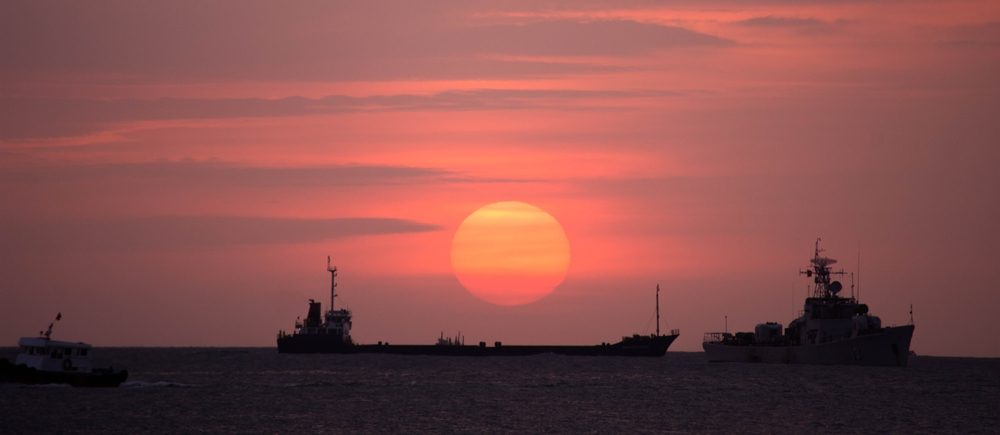At a small shop in an unremarkable city in mainland China, an array of postcards and t-shirts are offered for sale, each emblazoned with patriotic symbols and language that promotes and supports the retaking of Taiwan.
It certainly begs the question: how exactly would that go?
Since its separation to become self-governing after a bloody on-and-off civil war that had gone on for over two decades came to a conclusion in 1949 – though technically the war never officially ended – China has considered Taiwan to be a rogue province and has never quite given up on the prospect of absorbing it into its fold. Many of the people of Taiwan, with its population nearly 24 million, are unsurprisingly far less keen on this possibility.
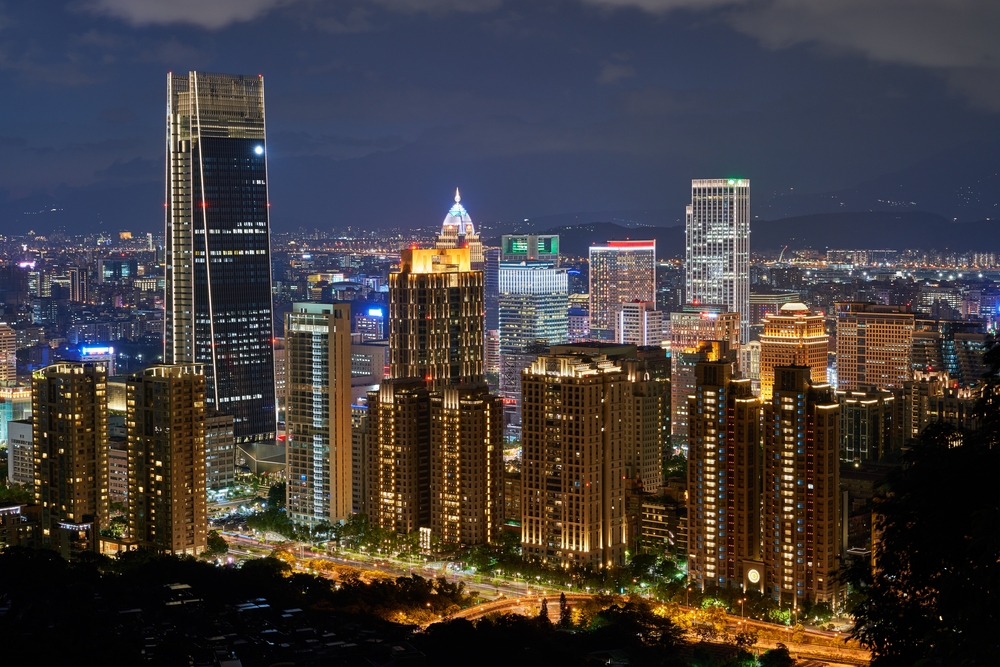
Though Hong Kong is the semi-autonomous region of China making all the headlines these days, it’s far from unlikely that similar scenes could play out in Taiwan one day. And as China grows more emboldened and aggressive in its push for regional dominance, the threat of an invasion of Taiwan looms significantly. It’s a threat taken seriously by Taiwan, too: they’ve been preparing and training for the possibility of war for decades, and it’s done with a single enemy in mind – the People’s Liberation Army (PLA) of China.
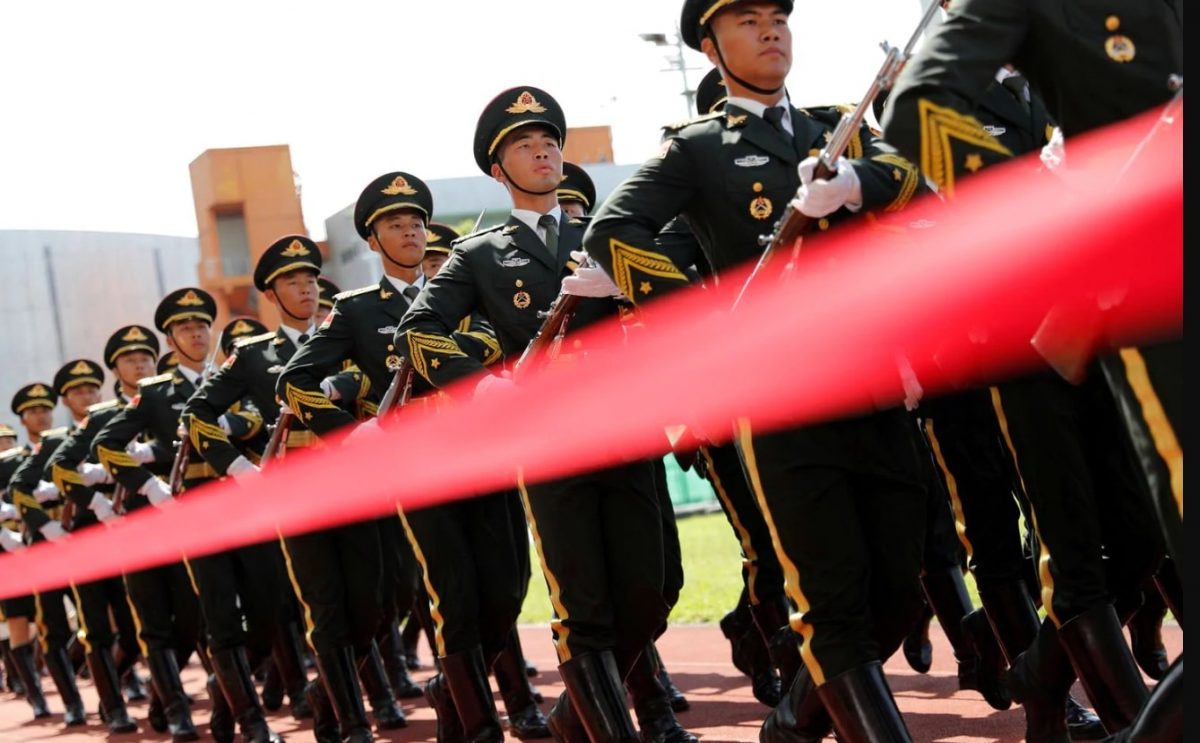
The biggest difference between Hong Kong and Taiwan in this respect is clear: Taiwan has a fairly robust military, though it is of course utterly dwarfed by that of the Chinese mainland. The PLA’s ground forces number over a million, while Taiwan’s stand at 140,000. The PLA has four times the fighter aircraft, seven times the tanks, eight times the naval destroyers, and more than double the number of tank landing ships. It would be easy to assume, then, that a war between the PLA and Taiwan would deliver an overwhelming, decisive victory to China.
That assumption, however, is not correct.
First, Taiwan has had 70 years to prepare. Their forces regularly train and fly sorties and play out war games, and the island’s entire defence strategy is specifically centred around repelling and defeating an invasion by the PLA. Second, Taiwan’s military is a highly professional one, trained and equipped largely by the United States. Third, the geography favours Taiwan, particularly in a ground assault, which most experts believe would be necessary to take Taipei, and by extension, the island as a whole.
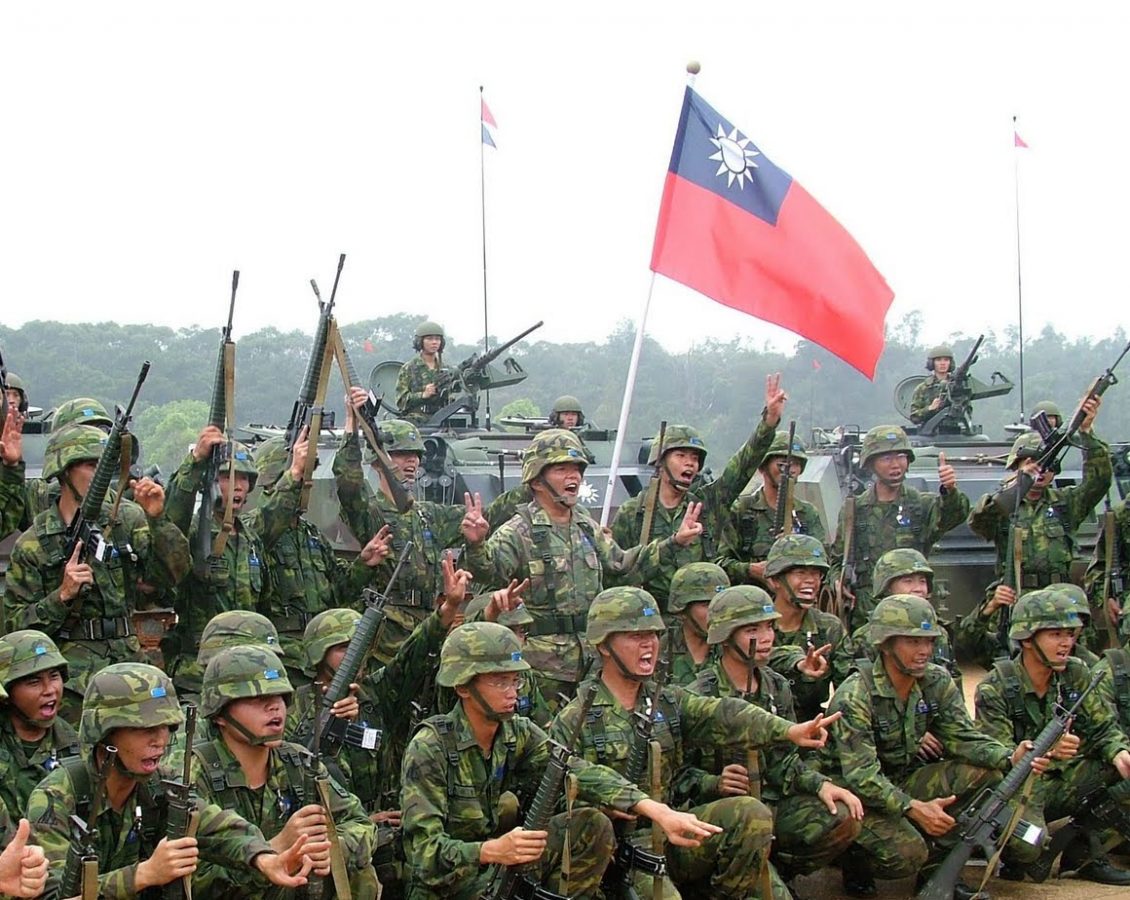
For its part, China has developed an internal plan to invade Taiwan called the “Joint Island Attack Campaign” which would begin with a massive, coordinated bombing effort centred on Taiwan’s seaports and airports ahead of an amphibious invasion. Once the PLA was satisfied it had crippled Taiwan’s military forces and secured the airspace over the Taiwan Strait, it would launch its invasion of the island.
Military strategists and defence experts say that such a scenario, however, is much easier said than done. For starters, the sheer scale of the assault required to take and occupy Taiwan – which would require the mobilisation of fighters and tactical bombers, amphibious landing vessels and destroyers, ballistic missile launchers, and hundreds of thousands of PLA troops – would preclude any sort of Pearl Harbour-style sneak attack. The logistical requirements of such an assault “would give Taiwan plenty of advance warning of any attack,” according to Sidharth Kaushal, a research fellow at the Royal United Services Institute for Defence and Security Studies. He emphasised, “It’s extremely unlikely that the invasion could come as a bolt from the blue.”
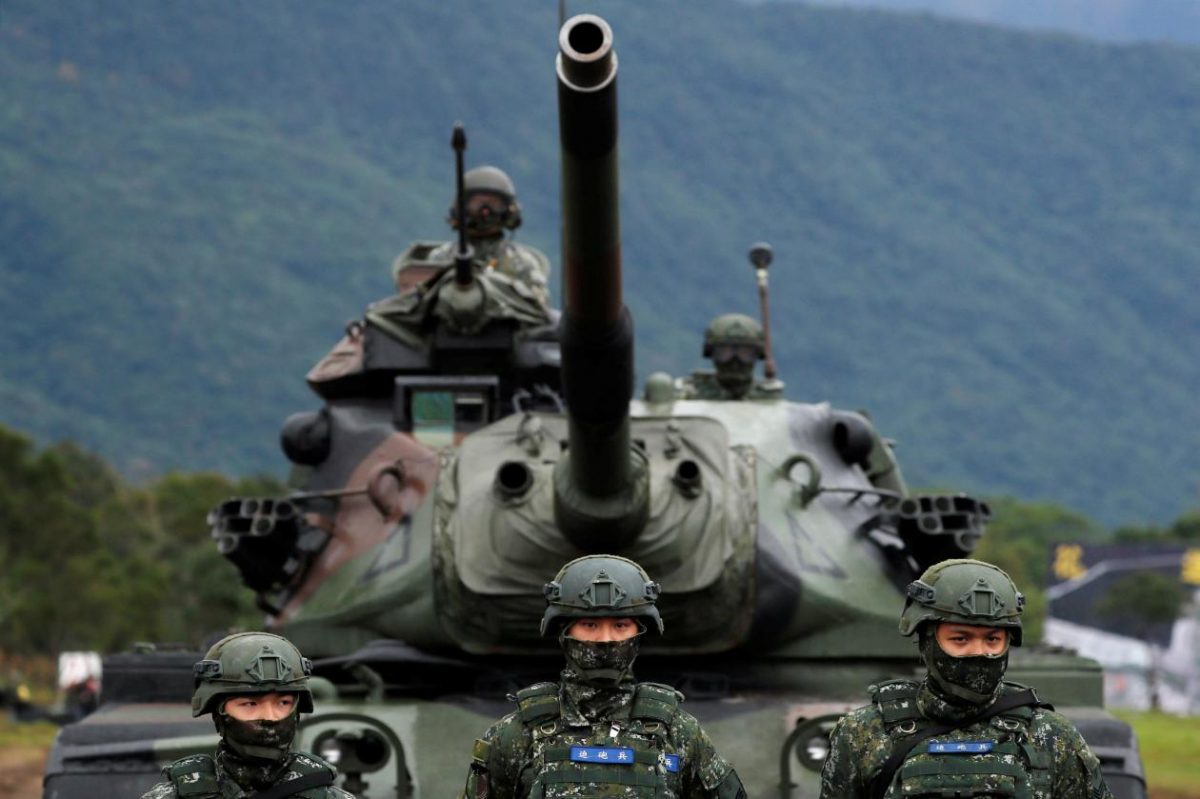
The amphibious assault would need to come on Taiwan’s west coast, as the east coast is far too rocky and difficult for landings, as well as being much further from China. Indeed, most of the eastern two-thirds of the island is dominated by mountain ranges and forests which would have be crossed in order to reach the western population centres. The additional distance to the east side would also give the Taiwanese military more time to engage, and all it would take is the sinking of perhaps a dozen PLA ships to render the entire attack – regardless of where it was executed – unsustainable.
If the PLA managed to get through, they’d have to find suitable landing sites that give them strategic access to cities like Tainan, Taoyuan, and Taipei, and offer relative proximity to the Chinese mainland. There are only 14 such sites on the island, and it’s not only Beijing that knows about these beaches. Any potential landing zones along the west coast have long since been identified by Taiwan, and its engineers have spent many years fortifying these sites with bunkers, tunnels, and other defensive measures.
Additionally, according to reports, the core of Taiwan’s defence is a fleet of vessels capable of launching anti-ship cruise missiles, on top of an array of ground-based missile batteries and substantial mines and artillery located on the west coast.
To be sure, the notion of China invading and taking Taiwan isn’t nearly as clear-cut as the comparative size and strength of the two militaries might suggest, but the sheer numbers ultimately do favour the PLA. If Beijing were really bent on claiming Taiwan for good, the war necessary to do so would be a logistical nightmare which would likely exact a heavy human toll – but it’s one they could conceivably win. Wars are not fought on paper, however, and how the real thing would play out is far from certain.

Of course, perhaps the greatest uncertainty in all this would be the question of who comes to whose aid in the event of a war. The US just inked a deal with Taiwan for $8 billion worth of F-16 fighters, and many believe the same country supplying weapons and equipment to Taiwan would be their natural ally in a war with China. It’s possible that just such a prospect has been a factor in staying China’s hand for a long time, but things change. Other countries in Asia who depend on China for trade but are also increasingly wary of Chinese aggression in the region would have tough choices to make, as well. If China grows impatient and decides to use force to overpower Hong Kong or, worse, Taiwan, many things throughout the Asia-Pacific region could unravel very quickly.
"ExpatGo welcomes and encourages comments, input, and divergent opinions. However, we kindly request that you use suitable language in your comments, and refrain from any sort of personal attack, hate speech, or disparaging rhetoric. Comments not in line with this are subject to removal from the site. "


